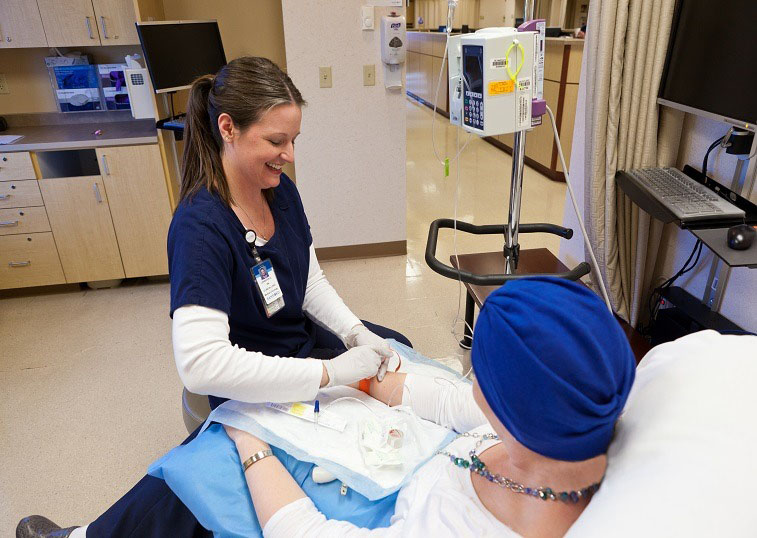
What Is Oncology Nursing?
What Is Oncology Nursing? https://kupplin.com/wp-content/uploads/2022/03/What-Is-Oncology-Nursing.jpg 757 538 kupplinadmin kupplinadmin https://secure.gravatar.com/avatar/6eec4427dd031e16c8da4c63019a7497?s=96&d=mm&r=g- kupplinadmin
- no comments
On one occasion, a young oncology nurse escorted her patient home in an ambulance after her shift was finished. When I asked her about it, she said she hoped her presence would reduce his anxiety and help the process go more smoothly.
Oncology nurses develop deep relationships with their patients.
Cancer patients and their caretakers benefit greatly from the care provided by oncology nurses, who often build long-term relationships with them. In the aftermath of a biopsy, patients remember nurses who exhibited compassion, explained treatment side effects, and guided them through a stressful operation. With their patients, these nurses celebrate successes and comfort those who hear bad news, advocate for individuals who need further assistance, and often promote communication between the rest of the medical team and caregivers.
Cancer care is coordinated by oncology nurses.
A cancer patient’s oncology nurse is a vital member of their team, helping them to navigate complicated treatment regimens and deal with side effects. Throughout the course of cancer therapy, a patient may interact with medical specialists from a variety of specialties. Consistent information and direction can often be provided by oncology nurses. For both inpatient and outpatient care, they are well versed in assessing the needs of patients. To ensure that patients and their caretakers receive enough support and professional assistance in their homes and communities, nurses work closely with case managers and social workers. A patient’s bond with his or her nurse was so vital to them that he or she insisted on scheduling treatments around that person’s availability.
As a result, they are well-versed in their patients’ medical issues.
Because of the kindness and compassion I’ve seen from the oncology nurses, I owe a debt of gratitude to them for helping me better comprehend what cancer patients and their families go through. As a result, I’ve come to respect their viewpoint, which frequently combines research with activism.
For this reason, I generally begin a visit by asking my patients about their personal lives, including any children they have and any hobbies or interests they have. On the other hand, when I chat with the oncology nurses who care for these patients, I’m always humbled to learn that they know them better than I do! Countless times, nurses have helped to bring to light aspects of a patient’s condition that could otherwise have gone unnoticed. As a nurse, I’ve had the good fortune to receive constructive criticism, appreciation, humility, and inspiration from my peers and superiors in the industry.
Conclusion
It’s Oncology Nursing Month in May. This month and every day, we need to honor the contributions of oncology nurses to the cancer care team. In the future, nurses will have an ever-increasing role in the care of cancer patients.
- Posted In:
- Uncategorized

Leave a Reply